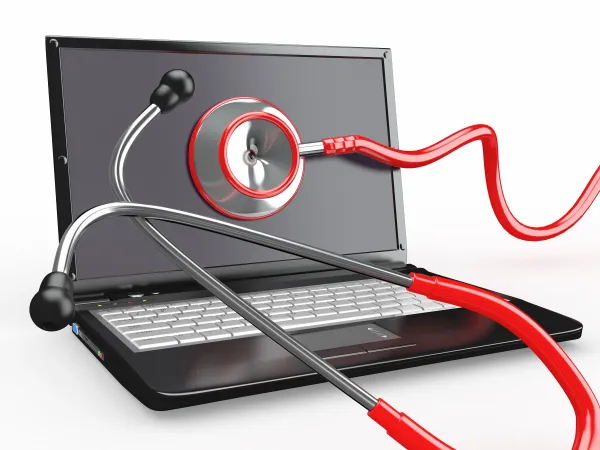Follow These Essential Tips To Clean Up Your Autologous Blood Claims

Differentiate collection and transfusion services; check for outpatient setting. Blood transfusion claims are easy if you can discriminate the collection and transfusion processes. There is clear guidance for autologous blood transfusion in the Medicare Claims Processing Manual (Chapter 4, Section 231.3). Here is a quick review of essentials for OPPS autologous blood claims. Check for Collection vs. Transfusion of Autologous blood Consider the following codes for billing services for blood collection: What components of services are covered? The codes 86890 and 86891 are inclusive for: collection, processing, transportation, and storage of blood. What services are not covered? The codes 86890 and 86891 are not inclusive of transfusion services. Note: OPPS providers submit codes 86890 and 86891 when the autologous blood is collected but not transfused. These codes are permitted in the hospital outpatient setting only. What is the code for blood transfusion services? Transfusion of blood is discrete from collection of blood. You submit code 36430 (Transfusion, blood or blood components) and the appropriate blood product HCPCS code when billing for blood transfusion. For example, you may submit the blood product codes P9021 (Red blood cells, each unit) for red blood cells and code P9017 (Fresh frozen plasma [single donor], frozen within eight hours of collection, each unit) for fresh frozen plasma. Remember: Only report one unit of 36430 (Transfusion, blood or blood components) regardless of how many blood product units you use. Payers often won't pay unless you code for both the transfusion and the blood product. If you're a freestanding center that performs a transfusion but the hospital supplies the blood, be sure to get an ABN in which the patient agrees to cover any charges that Medicare will not. "An Advance Beneficiary Notice or 'ABN' should be obtained any time there is a known reason Medicare will cover a service that is typically covered due to lack of medical necessity, frequency or other circumstances such as experimental procedures," says Kelly C. Loya, CPC-I, CHC, CPhT, CRMA, Managing Director of Pinnacle Enterprise Risk Consulting Services ("PERCS"), a division of Pinnacle Healthcare Consulting. "Receiving the ABN prior to receiving the service, serves as notice to the patient that Medicare may or may not pay, which ultimately means the patient will be financially responsible. If not obtained and Medicare does not pay, the financial responsibility falls into your lap and you may not collect from the patient (Medicare beneficiary)." Document Collection and Transfusion as Discrete Medicare instructs providers to bill for the transfusion on the date the transfusion was performed or on the date of outpatient discharge. This may be different from the date the autologous blood was collected. Do not bill 86890 when autologous blood was transfused: When autologous blood is transfused in the hospital outpatient setting, you may bill for the transfusion service with code 36430 with the appropriate product code times the number of units transfused. In this case, you should not submit code 86890. The collection codes (86890 and 86891) are only submitted when the autologous blood is not transfused. You should bill a collection code on the date that the provider is certain the unit will not be transfused. Again, CMS instructs the use of the date of the procedure or date of discharge. Both collection and transfusion in outpatient setting: When the autologous unit is collected and transfused in an outpatient setting, you will bill the transfusion service with code 36430 and also submit the blood product code, e.g. P9021 along with the appropriate revenue code (0390 - 0399). Note: You will not submit code 86890 for the autologous collection and processing as the payment for these services is included in the billing for P9021.

